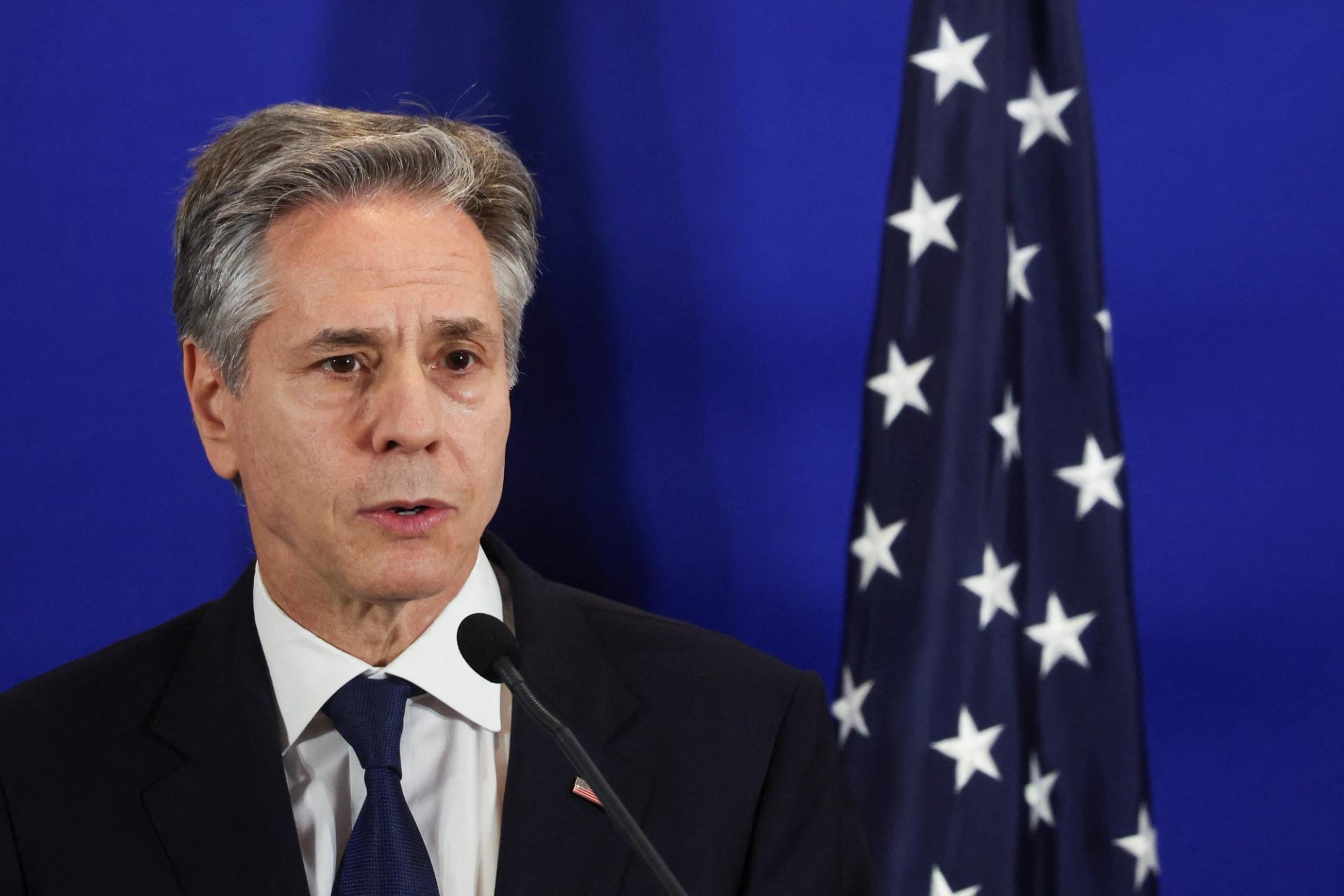The News
The G20 gathering in Rio de Janeiro this week has revealed just how isolated Washington has become in its relentless support of Israel during the country’s months-long bombardment of Gaza.
The host, Brazil’s Foreign Minister Mauro Vieira, opened the two-day meeting by decrying the “unacceptable paralysis” of the UN Security Council – where the U.S. on Tuesday vetoed a third resolution calling for a ceasefire – saying that the situation was costing “innocent lives.”
By accident, several journalists — including some from The Washington Post — were able to listen in to a closed-door meeting with top diplomats after audio headsets continued to relay officials’ comments.
The hot-mic incident saw some of the United States’ closest allies express frustration at the scale of death unfolding in the enclave, with many appearing to signal that further such losses could be avoided if the U.S. were to join calls for a ceasefire.
Some world leaders have “allowed impunity to hold sway,” said the representative of South Africa, which has accused Israel of carrying out a genocide in Gaza in a case filed with the International Court of Justice.
Meanwhile, Australia’s representative said of Israel’s planned military campaign in the southern Gazan city of Rafah: “We say again to Israel — do not go down this path.”
Washington’s isolated position on Israel is allowing actors such as China to gain footing in the Middle East. But the issue is also becoming a domestic challenge for U.S. President Joe Biden, who is facing a tough re-election bid this year, owing in part to his handling of the crisis.
SIGNALS
G20 calls out hypocrisy of US over its commitment to Ukraine over Gaza
The leaked audio at the G20 meeting suggested that governments are frustrated at what they see as Washington’s hypocrisy in supporting Ukraine over Gaza. At the G20 summit in Delhi last year, U.S. Secretary of State Antony Blinken was largely able to win over delegations by invoking the UN Charter and principles of sovereignty to criticize Moscow’s invasion of Ukraine. But diplomats in Rio said the U.S. was undermining these arguments by defending Israel. If the G20 were “united” over the UN Charter principles, “the tragedy in Palestine will not have lasted over three months,” South Africa’s representative said.
China is wooing the Middle East as US influence wanes
While the “original linchpin” of Beijing’s influence in the Middle East has been economic — notably in skyrocketing trade thanks to its Belt and Road Initiative, a vast infrastructure plan to link Asian economies to those of Europe and Africa — the war in Gaza has given Beijing an opportunity to “present itself as a responsible alternative to the U.S,” political scientist Peter W. Singer and China analyst Kevin Nguyen wrote for Defense One. Enticed by vast Chinese investment, Middle East countries are turning away from U.S. demands: the United Arab Emirates, for instance, pulled out of a U.S.-led maritime coalition meant to counter attacks by Yemen’s Houthi rebels after Washington asked states to reduce their ties with China and Russia, according to Defense One.
Michigan primary will be first real test for Biden’s stance on Gaza
Michigan’s primary election next week will be the first real referendum on U.S. President Joe Biden’s Middle East policy, The New York Times reported. Prominent detractors are urging primary voters to vote “uncommitted” against him — meaning voting for delegates who at August’s Democratic National Convention are not obligated to vote for Biden’s nomination. The ultimate goal of the “Listen to Michigan” campaign is to send a warning that Democrats are at risk of losing the White House if Biden does not adopt a stronger stance against Israel’s military campaign. Several university students and Arab Americans — a substantial percentage of Michigan voters — told the Times they would not vote for Biden in the November general election unless he explicitly calls for a ceasefire.

